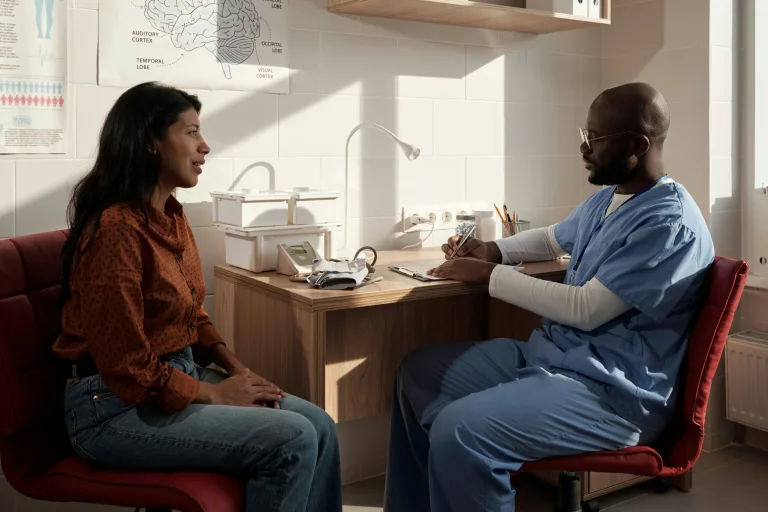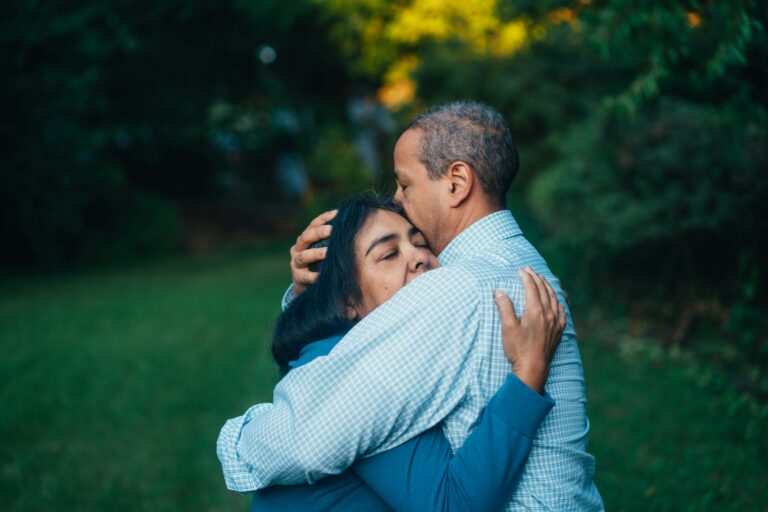Navigating the holidays with a family challenged by mental illness can be difficult, especially when kids are involved.
For starters, you really need to prioritize open communication, set realistic expectations, and consider creating a supportive and understanding environment. In addition, it’s crucial to encourage self-care and for everyone and be mindful of each other’s needs. If necessary, people should consider seeking professional advice or support groups to help cope with specific seasonal challenges. This goes for young people as well.
For example, to help avoid depression during the holidays, set realistic expectations and prioritize your mental well-being. Maintain regular routines, engage in activities you enjoy, and reach out to supportive friends or family members.
Also: It’s okay to set boundaries and say no to commitments that may cause stress. Also: remember that it’s okay to prioritize your mental health during this time. Believe it or not some people forget to do that and it can really take a toll on their well being.
In the case of anxiety at the holidays, it may require a multifaceted approach that addresses both physical and mental aspects. Begin by identifying triggers and understanding the patterns of your anxiety. Practice mindfulness techniques, such as deep breathing or meditation, to stay grounded in the present moment. Regular exercise is beneficial for reducing anxiety as it releases endorphins, which act as natural stress relievers. You can even take a low stress relative along for a walk or run to cut down on the pressure of large family gatherings.
In addition, remember to establish a healthy routine that includes sufficient sleep, a balanced diet, and hydration, as these factors significantly impact mental well-being. Break down overwhelming tasks into smaller, more manageable steps to prevent feeling overwhelmed. Set realistic goals and celebrate small achievements to build a sense of accomplishment.
Social support at the Holidays is also crucial; share your feelings with trusted friends or family members, and consider seeking professional help, such as therapy or counseling. Cognitive-behavioral techniques can help reframe negative thought patterns that crop up at this time of year.
Develop coping mechanisms like journaling or engaging in hobbies to redirect anxious energy. These techniques can also be helpful to young people experiencing anxiety at the holidays.
Lastly, be patient with yourself. Managing anxiety is an ongoing process, and it’s essential to recognize progress, no matter how small, while maintaining a proactive and compassionate approach toward your mental health.
Managing mental health at the holidays can be tough but it’s possible if you keep at it and remember that with the right approach this stressful period can pass before you know it!





